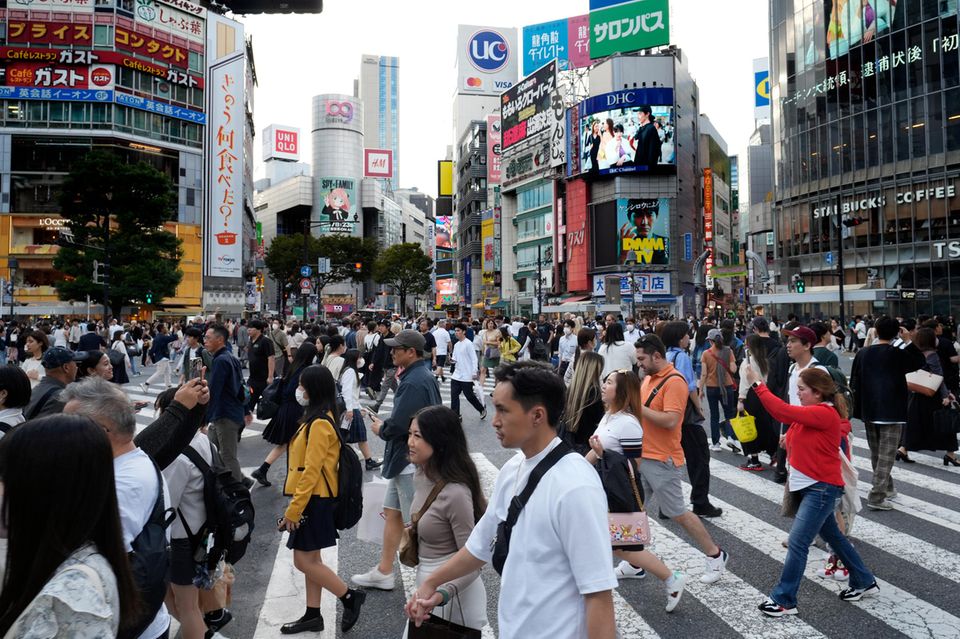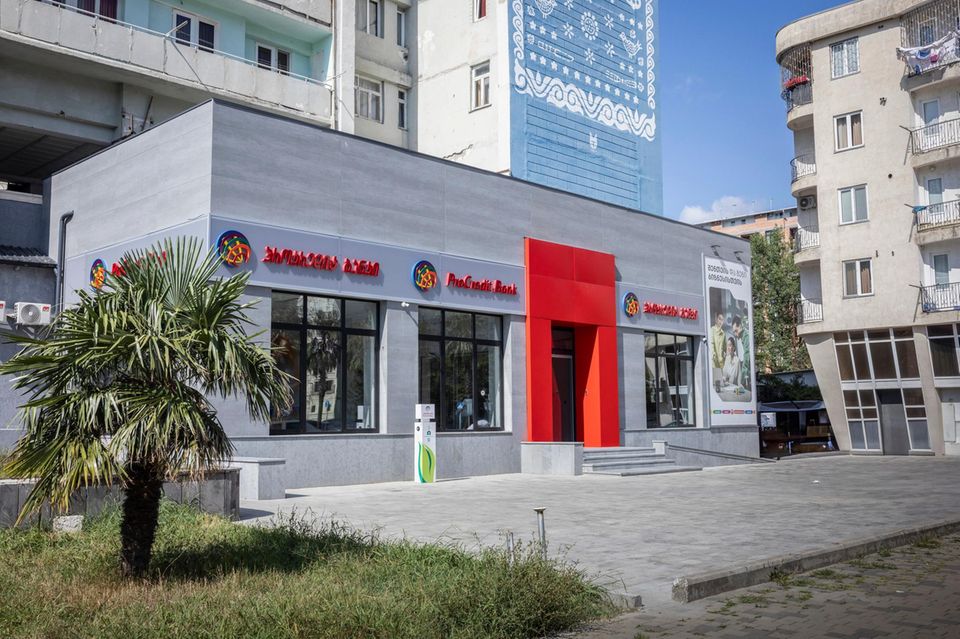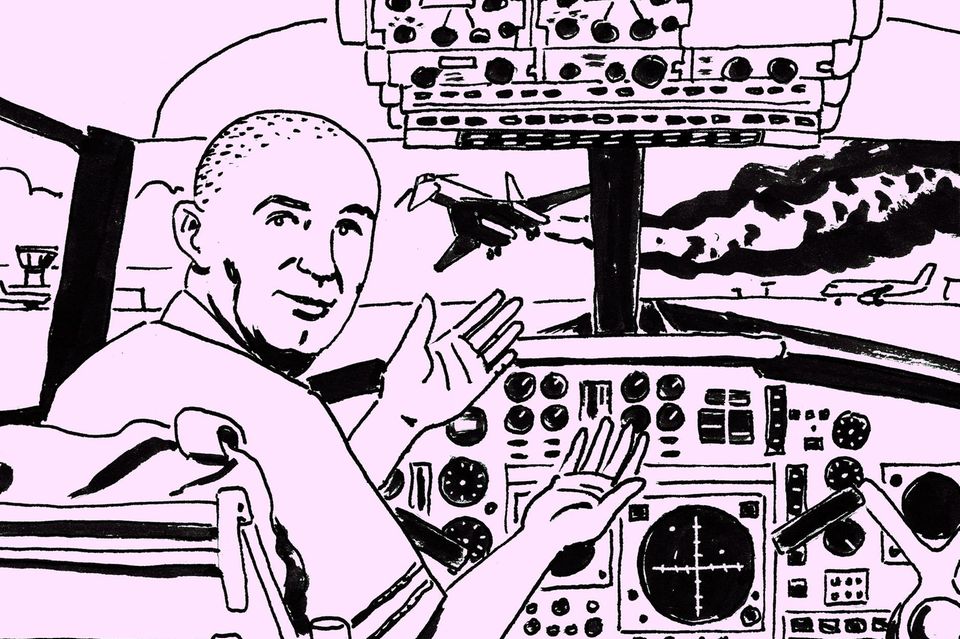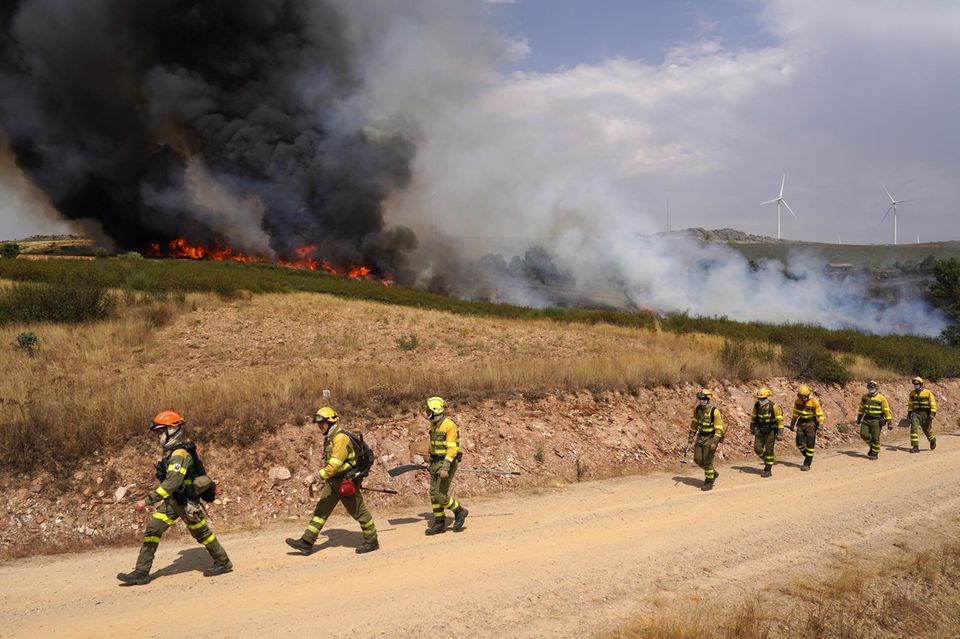Ukraine War: A completely normal dictatorship – what Ukrainians experience in Russian-occupied territories | Capital+

Volunteers evacuate an elderly woman from Andriivka in eastern Ukraine – Russian troops have dangerously approached the town. Several million Ukrainians already live under Russian occupation.
© Diego Herrera Carcedo / IMAGO
by Kristina Thomas
7 minsUkraine is supposed to cede territory – a demand of Putin. But how do people live under the Russians? What have people experienced who fled the occupiers?
"Nobody wanted to believe it would last," Andrii recalls the first days of Russian rule. It was just a few days after the invasion began in the spring of 2022. When the war and the Russians came home, the crane operator was living with his wife and five-year-old daughter in a village near Kherson. But he quickly realized what it meant to live under Russian rule: lack of freedom, a life underground, and even the death of his wife were all connected to it.

More than half of humanity lives in cities, often in one of 34 megacities. Only in one country are they shrinking. These are currently the largest cities in the world.

Under the "traffic light" coalition government, heat pumps became a bone of contention. Now the technology is gaining ground in boiler rooms – even though subsidies are still in jeopardy. Vaillant Germany CEO Tillman von Schroeter reflects on a difficult transition.

Procredit Holding, listed on the SDAX index, provides loans to small businesses primarily in Eastern and Southeastern Europe. Its roots date back to the 1968 student movement.

With the dream of the moon landing, the dream of supersonic flight also began. But the Concorde aircraft was a disaster: landing bans, billions in costs, and finally the crash in 2000.

Instead of relaxing, luxury vacationers now want to squeeze a few more years out of their lives in "longevity retreats." This is expensive and requires total commitment. A personal experiment

For decades, the heat in Southern Europe was a holiday treat. Today, it's turning into a fiery nightmare. What does this mean for tourist regions and travelers?
capital.de


